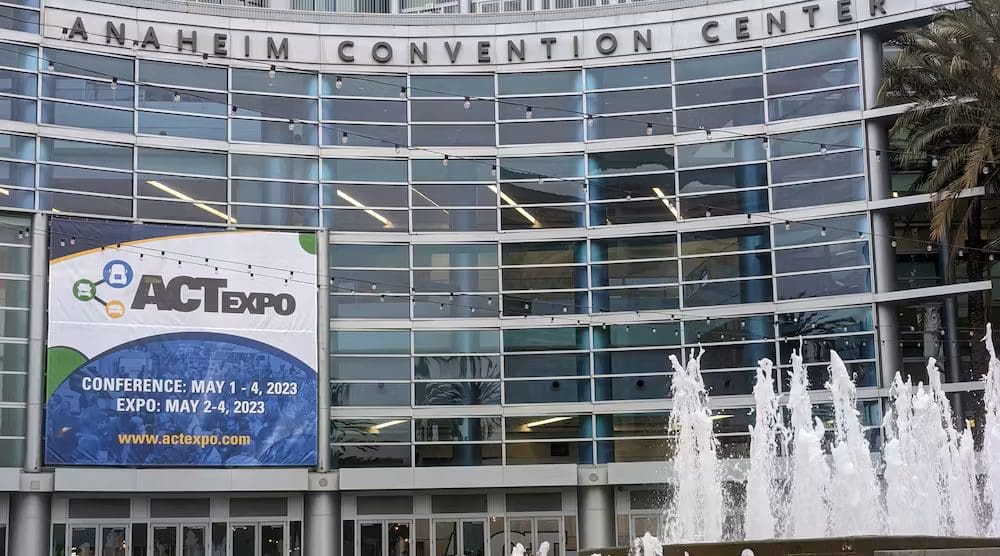Source: Fleet Owner
ANAHEIM, California—The Diesel Era is ending, but it won’t be easy for fleets. However, public policy and financial and other incentives are pushing transportation into a cleaner future, according to the fourth State of Sustainable Fleets Market Brief, which also notes that transitioning to new power technologies faces financial and supply hurdles.
“It’s no surprise that one of the findings is that we’re starting to hear folks talk about the sunset of the Diesel Era,” said Erik Neandross, which produced the annual study. “We believe that 2027 could very well be the last of the major diesel engine development programs that we see out there in the world—which is pretty amazing.”
Last year, Navistar said its new S13 Integrated Powertrain includes the final internal combustion engine the producer of International Trucks will develop. Navistar and other major North American OEMs have some zero-emission trucks and goals to develop and expand those ZE offerings. Regulators also are pushing OEMs and engine-makers to find cleaner ways to move goods and people in the coming years.
The 2023 report from clean technology consultants TRC (formerly GNA) was released on the opening day of the firm’s Advanced Clean Transportation Expo, which drew another record crowd to Orange County. Organizers said about 13,000 people are attending the show, a 50% increase from 2022.
“Of course, the record attendance that we have here is really indicative of the growth and investment that we’ve seen in the clean fuels and fleet industry in the last couple of years,” Neandross said during a main stage presentation on May 1 in front of thousands of fleet and transportation executives.
The State of Sustainable Fleets report shows a future where new diesel engine development programs slow as zero-emission vehicles become the centerpiece of regulations in states representing about half of the U.S. economy.
Nearly 80% of air pollutants come from “mobile sources. That’s why clean transportation technologies are so important,” Wayne Nastri, South Coast Air Quality Management District executive officer, said on May 1. “They’re so needed in order for us to meet not only federal and state air-quality standards—as well to reduce some of the toxic emissions and the climate pollutants—but the key is that we need to transition to zero-emission as quickly as possible.”


